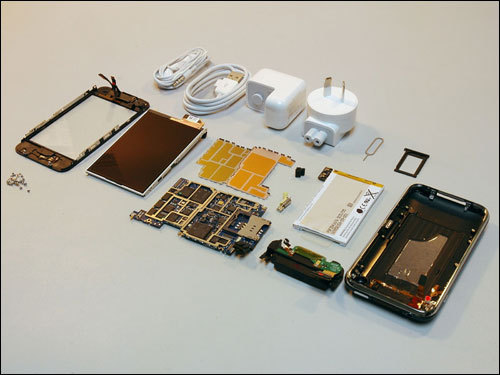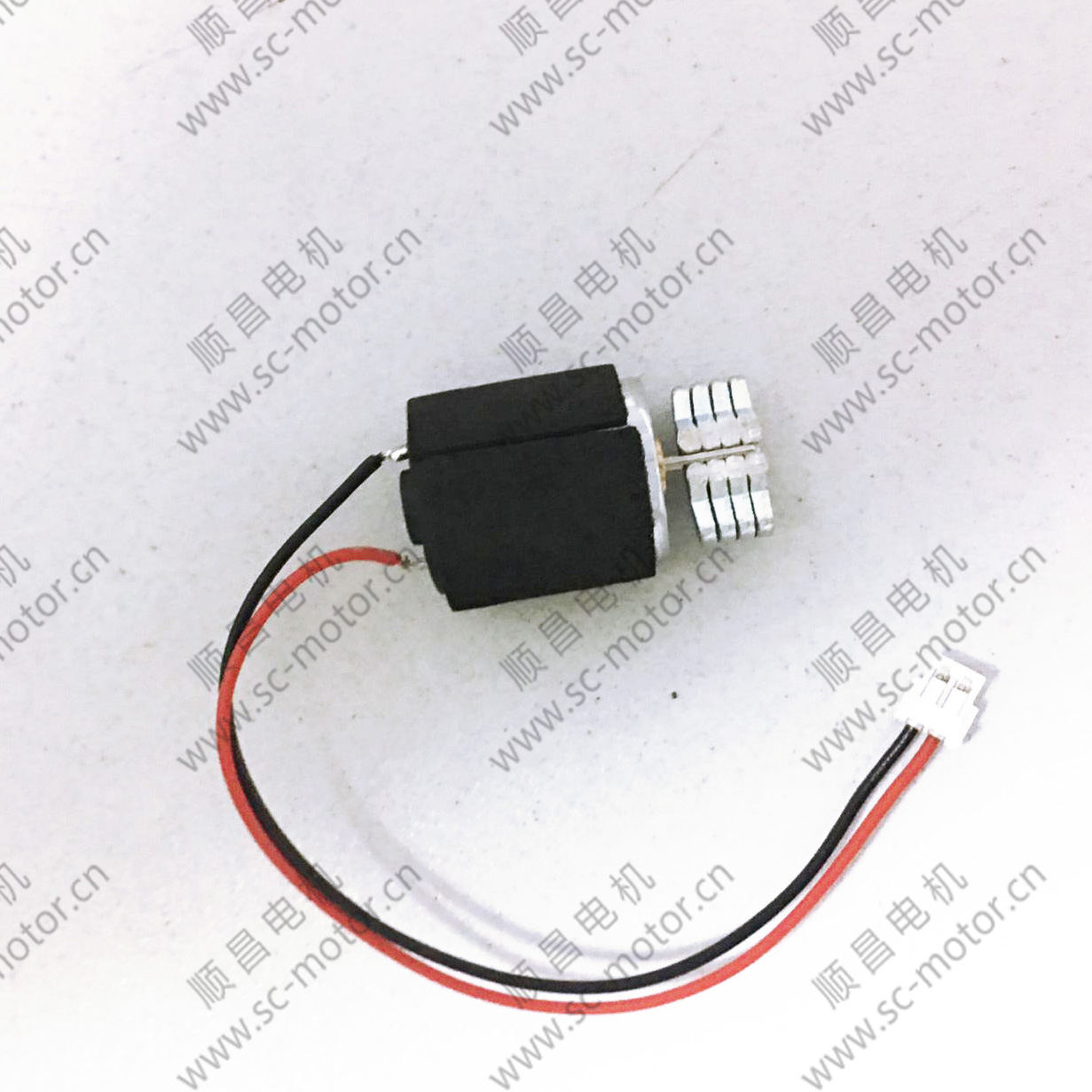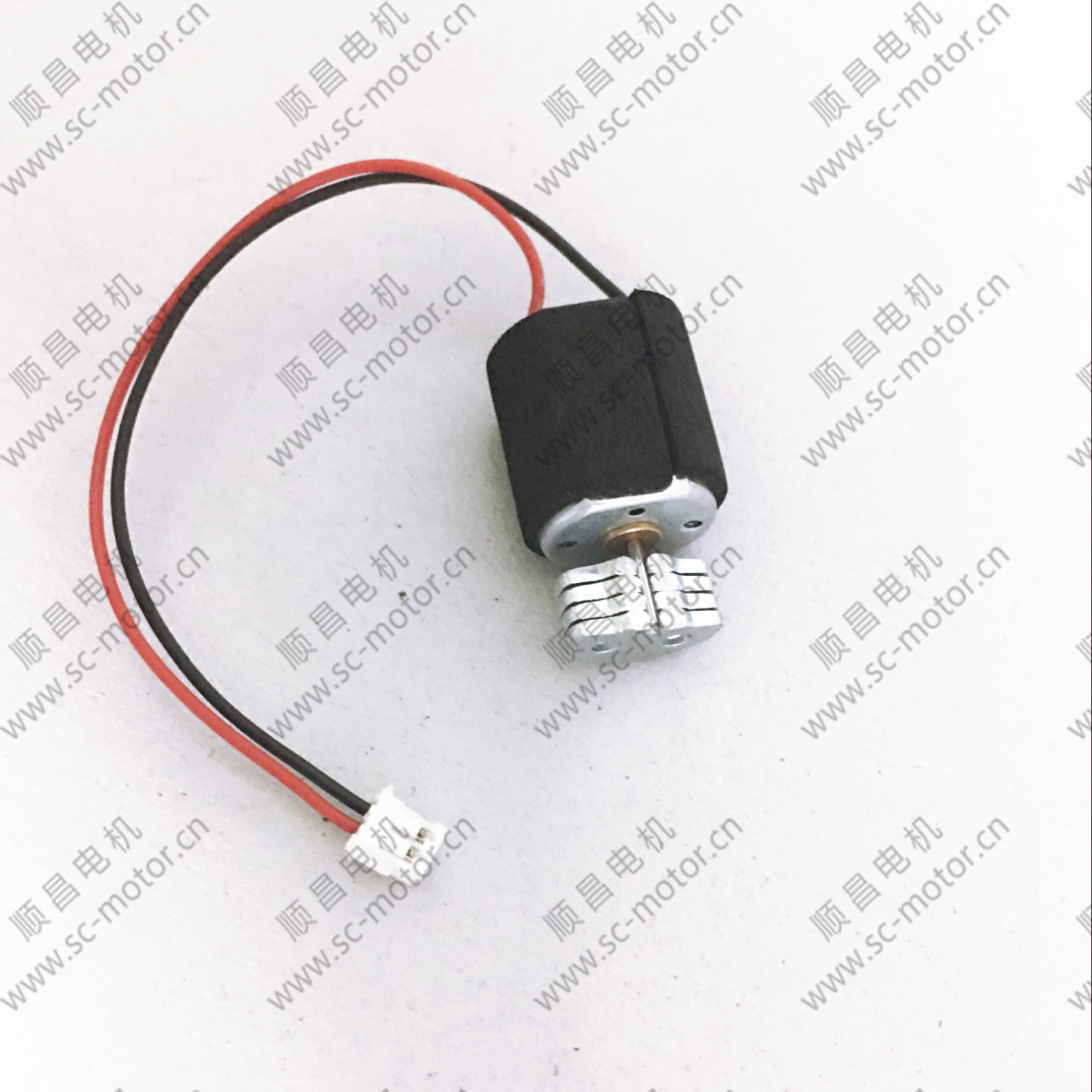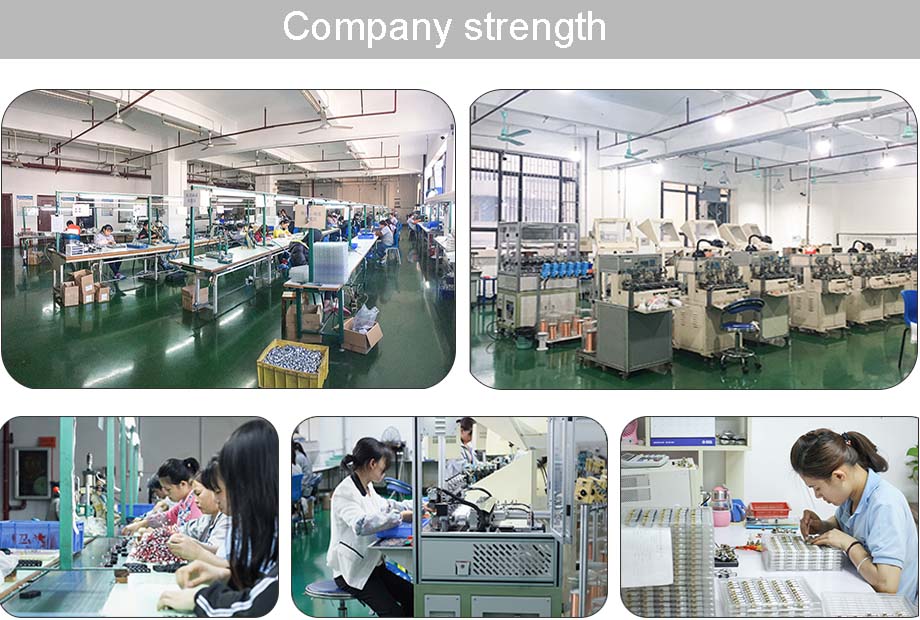
In the global smart phone industry, Taiwan's component manufacturers are gradually gaining the dominance of world standards. In the field of major components such as metal cases and optical lenses with built-in cameras, Taiwanese companies have a huge market share. This is the result of meeting the stringent requirements of customers and continuously honing their technical strength. In the precision parts and components market that is regarded as the traditional advantage of Japan, "monopolistic companies" from Taiwan are stepping up their offensive.
The United States Apple "iPhone6" was released on September 9. The order for this "iPhone" large-volume metal case is Taiwan's Kecheng Technology. Previously, Hon Hai Precision Industry, which was responsible for the assembly of the iPhone, has almost always maintained a monopoly, but Kecheng Technology has seized orders with higher technical strength.
Kecheng Technology is focused on the metal casing business of personal computers and other electronic products and is the world's largest company in this field. Global share (calculated by capacity) reaches approximately 30%. Its technology of shaping by precision cutting of aluminum and magnesium alloy blocks is well received. The processing time of each shell reaches about 30 minutes, but it has advantages in the exquisite workmanship of appearance. It also caters to Apple's desire to highlight high-end sensations on new phones.
Kecheng Technology was established in 1984 in Tainan City. Dr. Hong Shuishu, the chairman of the doctor's body, confidently stated that the molds and surface treatment technologies were all developed independently. Kecheng Technology entered the smart phone industry around 2013 and has been supplying chassis to Taiwan's HTC and Sony. In order to supply the iPhone 6, it will increase production capacity at the end of September by 30% from the end of last year.
In the global metal casing of electronic products, five major Taiwanese companies such as Kecheng Technology and Hon Hai have approximately 90% of the total share, which is arguably almost monopolized by Taiwanese companies. South Korea’s Samsung’s “Galaxy S5†was listed on the market this spring, but Kecheng Technology rejected it with “no extra capacityâ€.
As a result, Samsung adopted a resin case. For this reason, Samsung has fallen into a passive market with high-end metal casings. The failure of the procurement of casings was even considered to be one of the reasons for Samsung's 4 to 6-month earnings decline in sales and profits in the 9-year period. From this, it can be seen that Taiwan's monopolistic enterprises in the component sector are becoming the presence of the global smartphone market.
In addition, the field of optical lenses with built-in cameras is also the “world†of Taiwanese companies. Among them, Dali Optoelectronics has mastered more than 30% of its global share (calculated on the basis of supply quantity). With its own patent of more than 400 items, it produces extremely small lenses with a thickness of about 0.1 mm.
The father of Lin Liping, the CEO of Dali Optoelectronics, and Lin Yaoying, the founder of the company, competed with Japanese companies in the early 2000s when digital cameras became popular. So vowed to make a comeback through smart phones. It first obtained a patent for a low-cost plastic lens, which became the driving force for the market.
Dali Optronics devotes its efforts to the use of self-developed injection molding technology and production equipment to improve accuracy and production efficiency. It is said that in order to further expand its market share, it will also be committed to high-standard products. The current mainstream pixel of the product is 8 million, but Lin Enping said that orders for more than 10 million pixels are also increasing.
However, the Taiwanese companies that have swept the smartphone industry are not always able to maintain their advantages. Taiwan's Tektronix Technology (TPK) has a global market share of 10% to 20% in the touch panel area, including the use of notebook computers. However, after the second half of 2013, the revenue has deteriorated rapidly. Chinese mainland companies, Shenzhen Ophelia Optic Technology launched an offensive is one of the reasons.
The advantage of Chunhong Technology lies in its “static capacitance†technology that can be operated with only light touch. The first-generation iPhone, which was once used in 2007, has climbed to the ranks of the world's largest manufacturers in this field. Shenzhen Ophelia, through its products that use film substrates instead of the glass substrates of the past, has broken through the fortress of Haohong Science and Technology Co., Ltd. with the advantage that the price is only about one-third of the glass.
The technological innovation of smart phones is changing with each passing day. When can the momentum of the leading parts and components companies be maintained? This will also become the touchstone for predicting the future of the smart phone market.
Cosmetic Instrument Vibration Motor Mainly used in cosmetic instrument, such as instrument, cleansing essence introducing vibration meter, wash a face, facial massage, hairdressing instrument, etc.


Operating temperature range:
Cosmetic Instrument Vibration Motor should be used at a temperature of -10~60℃.
The figures stated in the catalog specifications are based on use at ordinary room temperature catalog specifications re based on use at ordinary room temperature (approximately20~25℃.
If a Cosmetic Instrument Vibration Motoris used outside the prescribed temperature range,the grease on the gearhead area will become unable to function normally and the motor will become unable to start.Depending on the temperature conditions ,it may be possible to deal with them by changing the grease of the motor's parts.Please feel free to consult with us about this.
Storage temperature range:
Cosmetic Instrument Vibration Motor should be stored ta a temperature of -15~65℃.
In case of storage outside this range,the grease on the gearhead area will become unable to function normally and the motor will become unable to start.
Service life:
â—Use with a load that exceeds the rated torque
â—Frequent starting
â—Momentary reversals of turning direction
â—Impact loads
â—Long-term continuous operation
â—Forced turning using the output shaft
â—Use in which the permitted overhang load or the permitted thrust load is exceeded
â—A pulse drive ,e.g.,a short break,counter electromotive force,PWM control
â—Use of a voltage that is nonstandard as regards the rated voltage
â—Use outside the prescribed temperature or relative-humidity range,or in a special environment.
â—Please consult with us about these or any other conditions of use that may apply,so that we can be sure that you select the most appropriate model.
when it come to volume production,we're a major player as well .each month,we rurn out 600000 units,all of which are compliant with the rohs directive.Have any questions or special needed, please contact us, we have the engineer group and best sales department to service to you Looking forward to your inquiry. Welcome to our factory.

Cosmetic Instrument Vibration Motor
Cosmetic Instrument Vibration Motor,Face Brush Vibration Motor,Electric Cosmetic Instrument Vibration Motor,Cosmetic Instrument Mini Vibration Motor
Shenzhen Shunchang Motor Co., LTD. , https://www.scgearmotor.com